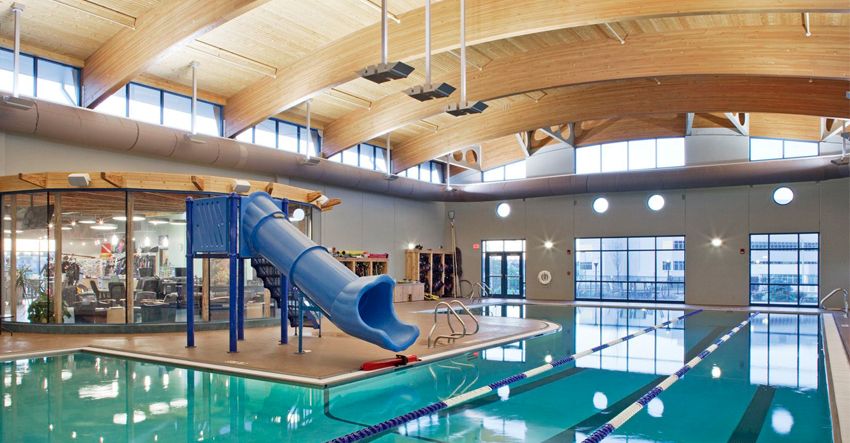

How Can You Treat Arthritis With Aquatic Exercise?
In search for information on scuba diving lessons, I came across an “Arthritis Aquatics Class” on the website of a Midwestern-based swim and scuba training company called DiVentures. “How can you treat arthritis with aquatic exercise?” I wondered.
The Mayo Clinic recommends that people with arthritis exercise in addition to their treatment program. The healthcare organization suggests that range-of-motion, strengthening and aerobic exercises are vital to improve joint pain and stiffness. But for patients, the pain alone discourages a more active lifestyle.
“People become approximately a tenth of their body weight in the water, yet the water provides 10 times the resistance when someone exercises in it,” says Terri Hermes, Aquatics Director of DiVentures. “People with arthritis tend to be less active because of pain and discomfort. But in warm water, the muscles are more relaxed and therefore more flexible for stretching.”
Aquatics Class for Arthritis and Rehabilitation
Hermes has been a swimmer her entire life. She began teaching lessons at age 11, and by age 18, she was managing pools. In the early 80s, Hermes worked as a swim instructor at the Mesa YMCA in Arizona. It was then that she completed training to teach aquatic exercise to people with arthritis.
“I taught arthritis aquatics class at the Y and several retirement communities in the 80s,” says Hermes. “The class focuses on enhancing the participants’ balance and strength and maintaining the movement of their joints. Although nothing can truly prevent arthritis, patients can control or lessen the symptoms with movement.”
Three decades later, Hermes relocated to the Midwest and joined DiVentures in Omaha, Nebraska. At DiVentures, the pool temperature is set at a balmy 88 degrees to allow swimmers and divers a water getaway any time of the year. The warm-water pool gave Hermes the idea to start the arthritis aquatics class again.
“I am a huge advocate of teaching the aquatics class to people with arthritis,” says Hermes. “I persuade swim trainers and pool managers who have access to warm pools to become certified in the program. We introduced the class to DiVentures in 2015 and have had about 20 students over the years.”
Who Is Joining the Arthritis Aquatics Class and Why?

DiVentures Swim School offers warm water pools that are ideal for arthritis aquatic exercises.
Hermes explains that the arthritis aquatics class is designed to increase and maintain participants’ range of motion. Those who join the class include people with arthritis and those going through rehabilitation from surgery or injury.
“The only requirement to attend is a doctor’s release,” Hermes adds. “This is to maintain safety and health risks. The instructors need to know the limitations of a participant — did the person have a joint replacement? Is there any other information related to the exercise that we need to know?”
A year into the program, Hermes began to hear feedback from her students on how they could feel a difference in their mobility when they go, or don’t go, to the class. “A student told us that the class helped her get ready for a knee replacement,” says Hermes. But how? “The aquatic exercise strengthens muscles which support the knees and makes tendons more flexible,” Hermes says. “With any replacement, a higher level of mobility means a speedier recovery.”
Additionally, the socialization aspect of the class was a huge motivator for the student to return after surgery. “Wherever I teach, the students are always great support to each other,” Hermes adds. She suggests interested parties find out more about certified trainers in their area on the Aquatic Exercise Association website. The Arthritis Foundation is another point of reference regarding aquatic sports that benefit arthritis patients.




